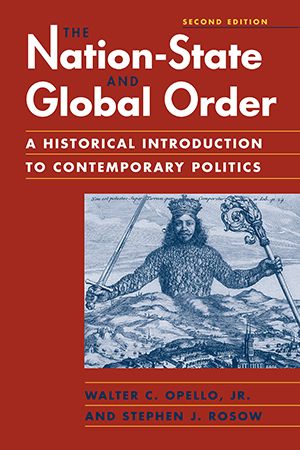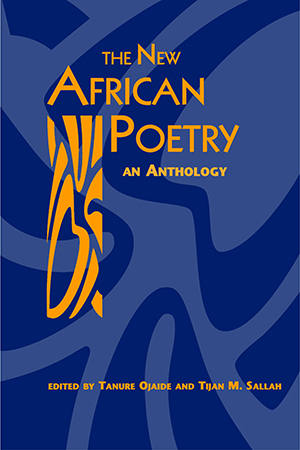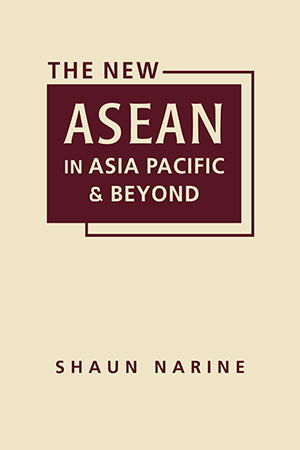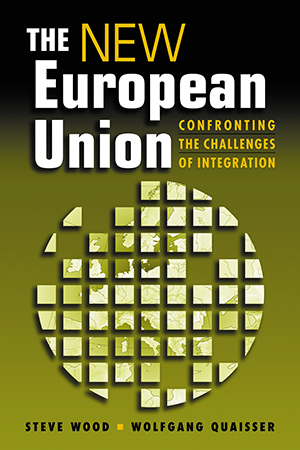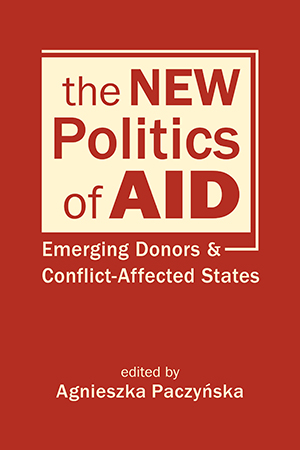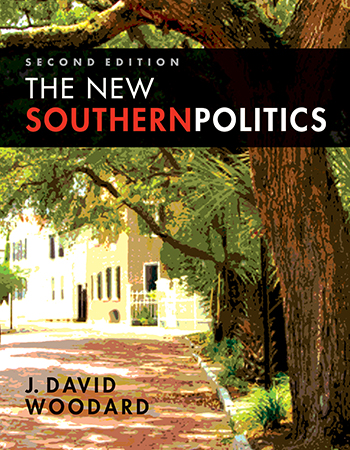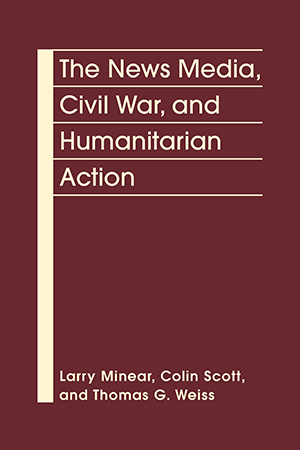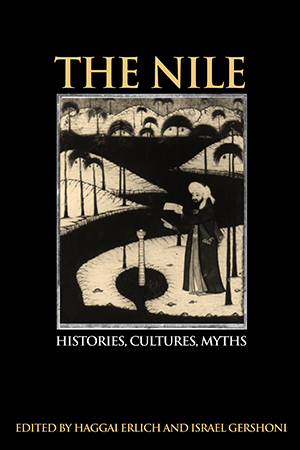BOOKS
This engaging introduction to contemporary politics examines the historical construction of the modern territorial state. Opello and Rosow fuse accounts of governing practices, technological More >
In the aftermath of the September 11 attacks on the World Trade Center and the Pentagon, Muslims became the targets of fear, discrimination, and hate crimes—victims of a rising wave of More >
This anthology presents the voices of a new generation of African poets, drawn from across the continent and representing a wide range of themes, styles, and ideologies. These contemporary More >
Refuting criticisms that call into question the effectiveness, and even the purpose, of ASEAN, Shaun Narine traces the organization's political and economic development and explores its More >
This concise but wide-ranging work explores the major political, economic, and strategic challenges confronting the European Union in the context of a rapidly changing geopolitical More >
How do emerging donors conceptualize the relationship between security and development? How, and why, do the policies they pursue in conflict-affected states differ from the liberal More >
Current through the November 2012 elections, The New Southern Politics seamlessly integrates a thematic overview of the distinctive political, social, and economic life of eleven southern More >
Exploring the impact of new technologies on crime and its prevention, and on the criminal justice system, the authors address five critical issues: How will new technological innovations More >
The civil wars that have been prominent features of the first post–Cold War decade have revealed a close and active relationship among the news media, governments, and humanitarian More >
Intercultural relations have revolved around the River Nile throughout recorded history: sharing the river's waters, Egyptians, Ethiopians, and Sudanese have developed rich dialogues of More >



